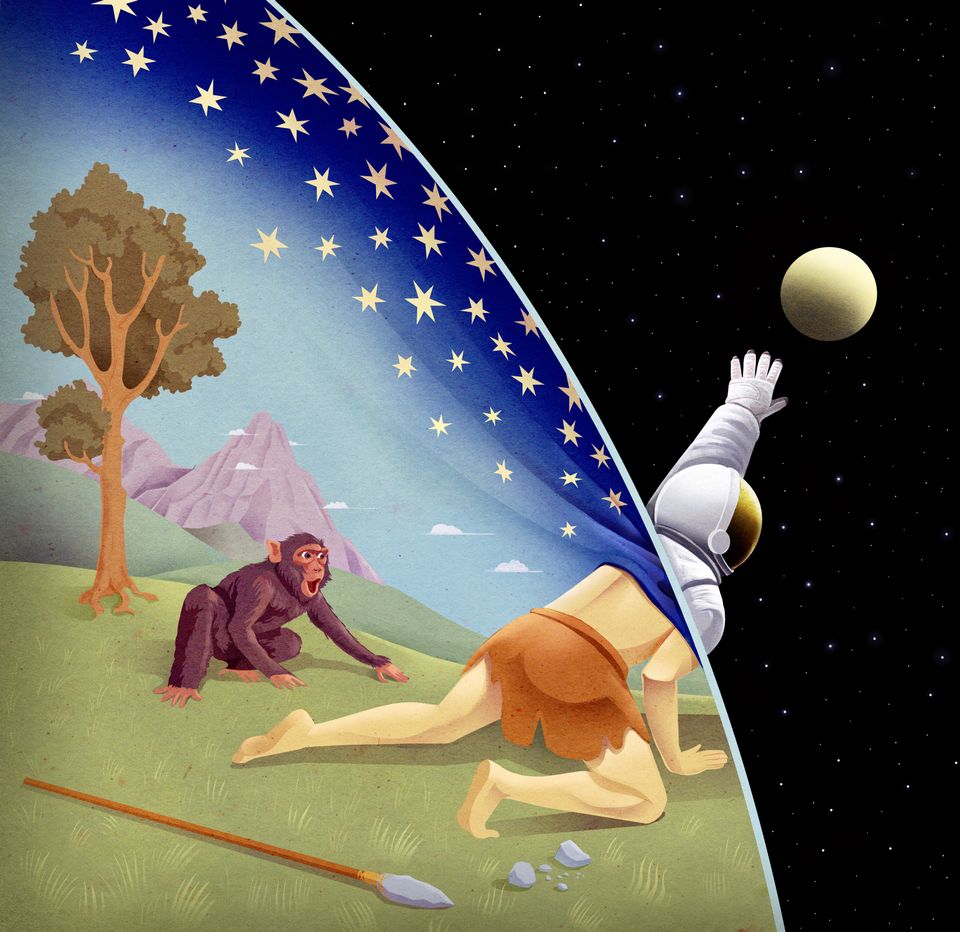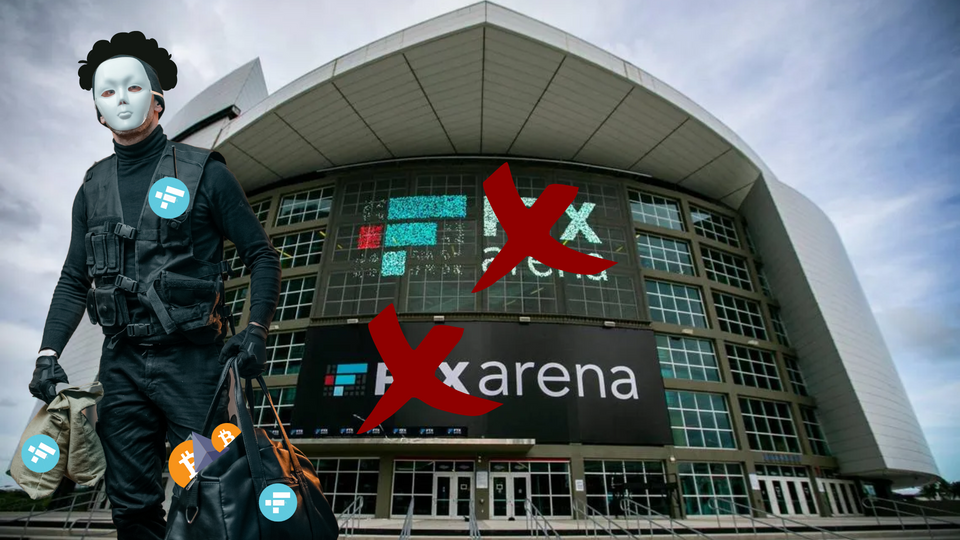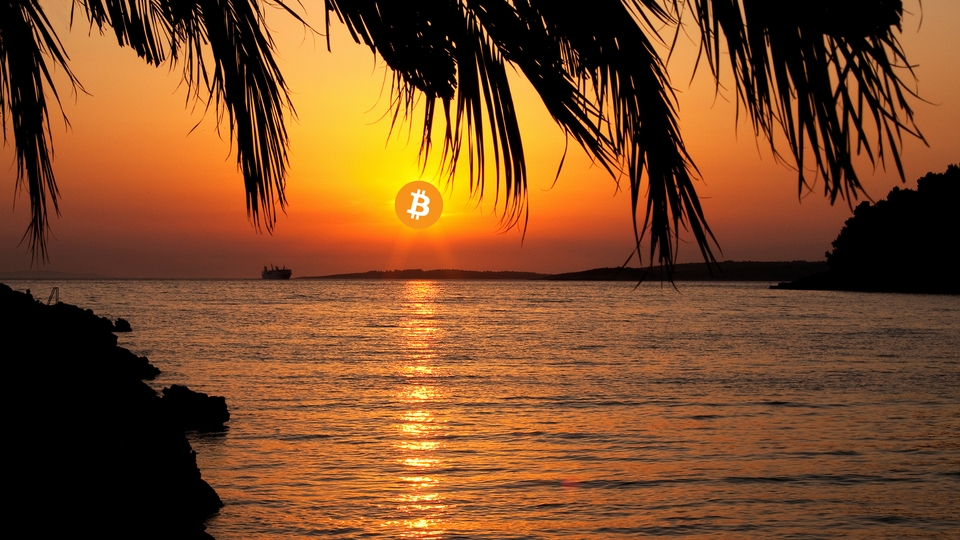How blockchain and crypto can fuel the exploration and conquest of space
It's 2040 and we can travel to the moon and other planets (yes, now we can visit our friend Elon Musk on Mars). In fact, Mars is a prolific innovation hub full of startups and the first Martian humans are in their infancy.
Since 2040 is a realistic date for conquering Mars and most of us will be alive by then, we have to prepare for what we will live just few years in the future...
How will these new alien societies function? Will business still be done in USD, EUR, CHF or RMB? Will gold still be valuable if we can explore the space for more and more gold and other precious metals?
Although we do not know the exact answer to these questions, we are sure that humanity will change a lot when we conquer space. These changes will require the coordination of the different societies distributed across the space and for that decentralization will be more important than ever.
In this blog, we will look at how blockchain and crypto could power space exploration and conquest through various related use cases. If you are a lover of technology, cryptocurrencies and space, this is a blog that you cannot miss.
Use case 1: Crowdfunding
The European conquest of America is somewhat analogous to space exploration. Both needed money, new technologies, and both sought to expand the frontier of our civilization.
In the same way that Columbus needed the patronage of the Catholic Monarchs to discover America, companies can obtain funds through crowdfunding with cryptocurrencies, smart contracts and NFTs. In fact, crypto allows space companies to monetize space exploration missions.
Crowdfunding allows companies to share the risks and benefits of a space exploration campaign with ordinary people. For example, devices can take valuable data that can be monetized in the future, or the rovers can capture extremely rare minerals. Here, the advantage of using blockchain is greater liquidity, tokenization and fractional rights over space assets, and the possibility of more decentralized governance schemes (via DAO).
Space asset tokenization allows token holders to own space assets such as spacecraft, satellites, and potentially astronomical bodies such as asteroids.
If this is not good enough, imagine that you can now trade these tokens that represent space assets in a very liquid market, so that you, as an investor, can benefit from the appreciation of your token or the benefits that come from being holder of a token.
These use cases are now a reality, as initiatives like SpaceFund are creating a platform to fund new space ventures and private exploration.
Use case 2: Tokenization of spatial resources
Now, it's time to dive into other use cases involving space asset tokenization. One of the first that comes to mind is space resources.
Imagine an asteroid mining company that uses blockchain to record the physical location and mining history of minerals via NFTs. Furthermore, this company can use blockchain to track its transactions, increasing transparency and making the management process more efficient.
Furthermore, if they finance through crowdfunding, then the distribution of profits to token holders is very efficient and transparent.
We will have to wait to see this in action, but there are notable cases like when ConsenSys, one of the best known blockchain firms, acquired Planetary Resources in 2019, an asteroid mining company, to potentially implement space resource tokenization.
Use Case 3: Geospatial Data Tokenization
Geospatial data collected by satellites could be tokenized and monetized through "trace NFTs". This is an use case in which I have been involved. I wanted to create a nature conservation network called natu and to achieve this I needed a monitoring mechanism resistant to manipulation and fraud that would operate into a blockchain. The mechanism work as follow:
- The world is divided into regular pieces of lands called plots. Each plot is represented by a NFT in a blockchain.
- The historical information coming from satellite is stored in the metadata related to the NFT, so all stakeholders has transparent access to the full history of the plot.
Trace NFTs are a good example for blockchain and the space industry. As I said before I proposed this use case before and you are invited to learn more by reading and discussing the paper.
Now it's the turn of the most awaited use case... money and cryptocurrencies
Use case 4: A universal decentralized money
I left this use case for last, because I think it's a bit more complex and only interested people get to this paragraph, so thanks for reading the blog (it's very meaningful for me). Ok, I'm digressing...
The fact is that alien communities probably (99.99% surely) will not use USD or EUR to do business. They also wouldn't want to use gold, because asteroids and other planets could be full of gold and other rare minerals, making gold not a scarce asset. So space exploration and conquest will likely take gold out of its store-of-value status.
Then we will have a great challenge; we need to coordinate these almost isolated societies, distributed throughout the cosmos, in order to do interplanetary business fairly. We can summarize the challenges in the following list:
- The money must be backed by a single, decentralized store of value, so that money on Mars can easily be used on Earth or the Moon. This could facilitate intergalactic trade and economic coordination.
- Money needs to be decentralized, because we don't want an intergalactic central bank that can be corruptible and can issue its quasi-money without backing. This would be the way to reproduce the problems we see in today's society. The above could lead us to a totalitarian dystopia.
- The payment and monetary system on planets must be designed to operate in isolation from other planets by maintaining a common tamper-resistant record of transactions. Distributed and decentralized ledgers (like blockchain) with Bitcoin and its Lightning Network are suitable technologies for this purpose.
I know that it is a huge and exciting challenge, but I recognize that much of the work is being done at present. We have the Bitcoin Network and the Lightning Network (among other projects like Polkadot and Cosmos) that can be the seed of this new interplanetary system that we want to create.
Final Thoughts
After a few long and exciting days of research, I feel like I have discovered a whole new world full of opportunities. From crowdfunding to fuel space exploration, to tokenizing space assets to make it more transparent, democratic, and profitable, we as crypto developers, thinkers, builders, and scientists have a tremendous opportunity to get things right from the beginnings.
In this line I cannot forget cryptocurrencies and all their related technologies. If we are able to achieve greater decentralization and resilience in the crypto space, I am sure that crypto technologies will be the cornerstone of a fair and prosperous intergalactic society in the future.



